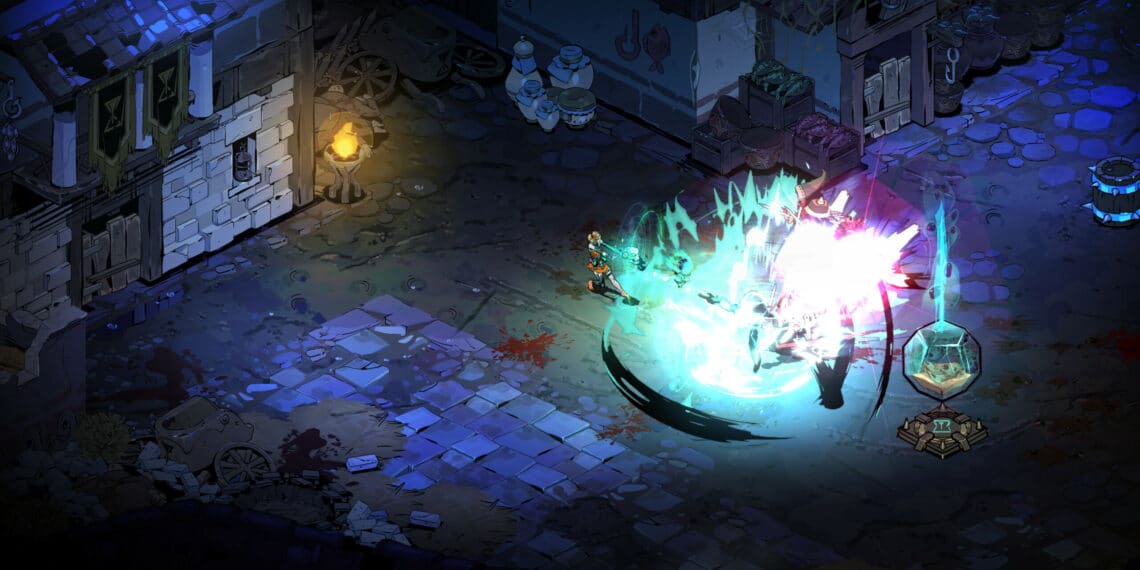Hades II introduces players to the intriguing figure of Cronos, triggering discussions on his mythological origins and significance. The game delves into the nuanced portrayal of the god, sparking debates among fans about historical accuracy versus creative adaptation.
Summary
- The blending of Chronos and Cronus in Hades II stimulates interpretations of Greek mythology’s evolution.
- Players appreciate the deliberate narrative choices that incorporate both historical accuracy and artistic liberties.
- Fans speculate on the potential symbolic meanings behind Cronos and his role in the game’s storyline.
- The developers’ intentional deviations from traditional myths add depth and intrigue to the gaming experience.
Depictions of Cronos in Greek Mythology
Hades II explores the multifaceted character of Cronos, weaving together elements from Greek mythology to create a compelling narrative. The discussion among players highlights the complexities of integrating historical figures into a fictional setting while remaining true to their origins.
Cronos’s Symbolism in Hades II
Players analyze the symbolic significance of Cronos’s actions and attributes in the game, drawing connections to his mythological background and role in shaping Greek mythology. The incorporation of cultural references adds layers of depth to the gaming experience.
Evolving Mythological Interpretations
The evolving interpretations of Cronos in Hades II reflect a broader trend in modern storytelling, where ancient myths are reimagined and reinterpreted to resonate with contemporary audiences. Players engage in lively debates about the impact of creative liberties on the portrayal of mythical figures.



